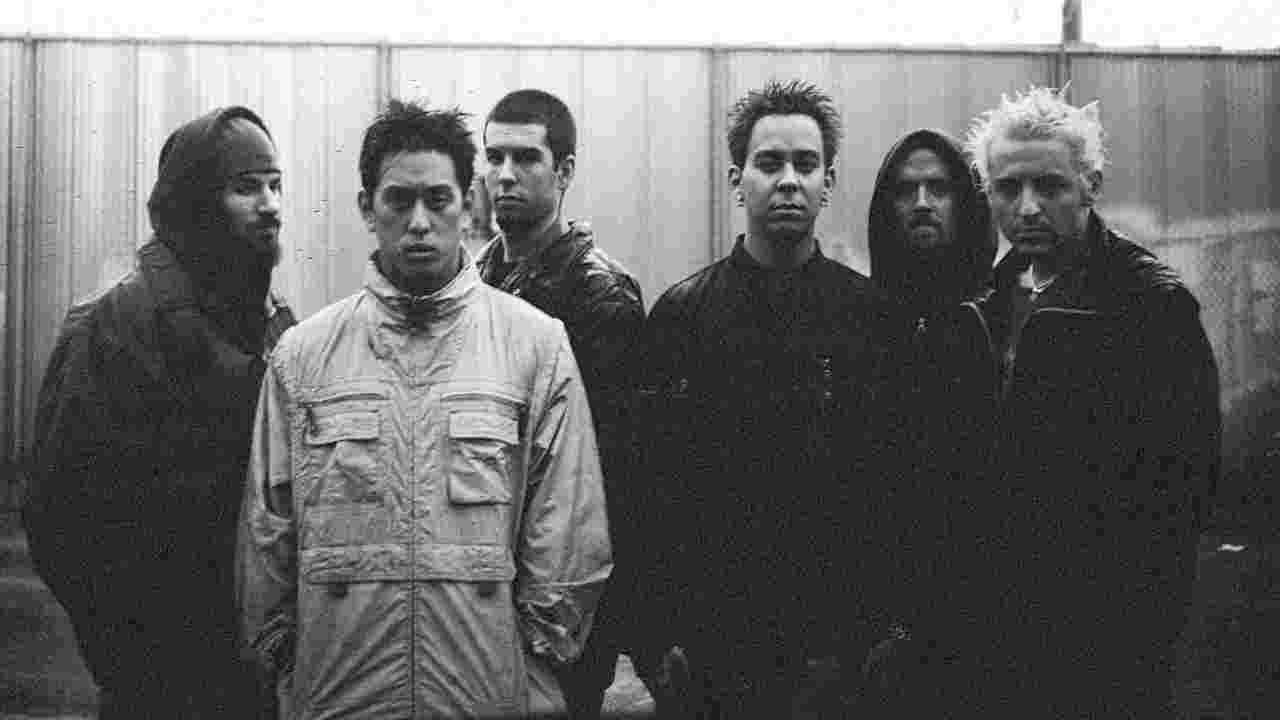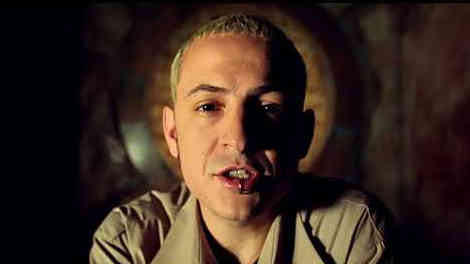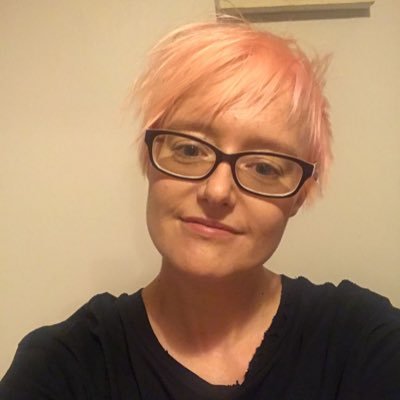“At the time of you asked somebody what they were listening to they’d say, ‘Rock. I listen to hip hop. I listen to jazz’. It wasn’t until five years later they’d say, ‘Everything’.
Mike Shinoda is considering the legacy of Linkin Park’s debut album, Hybrid Theory. “It did some of that work,” says the band’s rapper and songwriter proudly of that 20-million selling juggernaut. “It was part of the progression towards breaking down boundaries between styles of music.”
These days, genre-hopping is standard practice for the average band. But when Linkin Park dropped the album on 24 October 2000, their sound was genuinely fresh and innovative, blending neck snapping metal, sharp rap, electronics and bouncing pop choruses into an unabashed commercial proposition that captured both the zeitgeist and the future. “We chose [Good Charlotte producer] Don Gilmore to produce because he had proven through his recent releases in the last couple of years at that time that he could make a really polished-sounding alternative record,” says Mike.
- Chester Bennington: The Voice Of A Generation
- Metal was too white until nu metal came along, says Linkin Park’s Mike Shinoda
- The Top 20 best metal albums of 2000
- 10 best songs by the 10 worst nu metal bands
You don’t have to look far to see that influence alive and kicking in the music of some of our scene’s biggest bands, from Bring Me The Horizon to Architects. Linkin Park’s take on metal and melody is still being used as a baseline today and there’s no song in the band’s back catalogue that does a better job of ticking all those boxes than Hybrid Theory’s anthemic fourth single, In The End.
According to Mike, the song was written in a “really horrible rehearsal space in West Hollywood” that the band had rented out on the junction of Hollywood and Vine. “Today there’s fancy restaurants there, but back then it was prostitutes and drug dealers,” he says. Having hit a groove one day, Mike decided to lock himself in the windowless room alone overnight and continue writing. By the following morning, he’d come out with In The End and when he played it for the rest of the band, they were blown away. “From the moment that demo arrived, everyone knew it was special,” he says.

The song was a far cry from the rest of nu metal’s fratboy posturing. In sharp contrast the likes of Limp Bizkit – who lived out every hedonistic heavy metal cliché, including a release party for their third album Chocolate Starfish And The Hotdog Flavoured Water at the Playboy mansion – Linkin Park sang about anger, anxiety and depression. Vocalist Chester Bennington, who had joined the band in 1999 after auditioning via demo tape, was blessed with the kind of voice that could segue from angelic cleans to glass-gargled scream in the blink of an eye, but he also brought with him a childhood of trauma, having experienced abuse and bullying in his youth. The band channelled that pain and buckets of teenage angst into their songwriting.
“We didn’t want to write about, ‘Punch you in the face and I’m so mad’,” says Mike. “A lot of that stuff was in the ether, but we counterbalanced it with introspection and other stuff about ourselves.”
By the time the band released the single at the tail end of December 2001, Hybrid Theory had already sold five million copies and Linkin Park were one of the biggest bands in the world. Their previous singles, One Step Closer, Crawling and Europe-only single Papercut, had proved instant hits with angsty teenagers who were being turned onto heavy music, but In The End, was the gamechanger that would make the band truly omnipresent.
Starting with a sparse and sombre piano riff, Mike’s rapped verses were born from a frustration and self-loathing (“One thing I don’t know why/ it doesn’t even matter how hard you try”), but it was Chester’s soaring chorus, a sucker punch of cathartic futility, that tapped into the emotional confusion of youth and connected music fans across the board. “I tried so hard and got so far / But in the end, it doesn’t even matter.”
"There’s a weird battle with hopelessness and the ephemeral nature of time and our lives that the song is really about,” Mike told Rock Sound in 2020. “What’s so odd about the song is its almost talking about these things and saying ‘I don’t have any answers’. Because usually a song isn’t about having no answers right? It just kind of runs itself around in a circle lyrically. And especially as a young person that’s just how I felt, that’s how we all felt, we just didn’t know what to make of things. In a sense that’s still what goes on today, it’s a timeless and universal thing."
They knew they had a hit on their hands, but at the same time, the band worried that the track was too much of a departure from their heavier material, leaving it out of their earlier live sets for fear it was too accessible. In particular, Chester publicly voiced his misgivings.
“He was such an entertainer, in an interview he might say something that he felt would get a good reaction out of you,” laughs Mike. “You’ll hear him say everything from, ‘I like the song but I never wanted it to be a single’, to ‘I hated the song’. He’s on record with all those different things. Everyone liked the song but he had reservations about it being a single because it was softer.”
The rest of the band and their label, Warner Music, were more confident. “We moved about singles to converge,” explains Mike. “We did One Step Closer and Crawling worldwide, then we added Papercut just in Europe, so we could time it out and we could do In The End as one push at the end of the record.”
“When we’d play In The End live, when we got to the bridge, it was always so loud that you couldn’t hear the band play,” guitarist Brad Delson told Kerrang! in 2020. “Naturally, at some point, we just stopped playing at that moment. Chester and Mike would just hold out the microphones and turn the lights on.”
Even now, In The End continues to resonate. In July this year, it passed one billion streams on YouTube, the band’s second track to do so following, Numb, and is now quite rightly viewed as a classic. Even Chester grew to appreciate the song, commenting to Australian website, Vmusic in 2013, “I don't really participate in picking singles. I learnt that after making Hybrid Theory. I was never a fan of In The End, and I didn't even want it to be on the record, honestly. How wrong could I have possibly been?”

